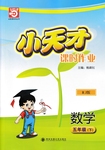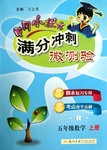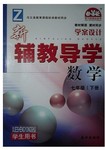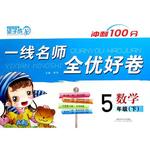题目内容
A man came to the USA from other country. After 1. (settle) down at an island, he went into a cafeteria to get something 2. (eat). He sat down at an empty table and waited for someone to take his order, but nobody did. 3.(final), a woman with a tray full of food sat down opposite him and informed him4.the cafeteria worked.
“Start out at that end,” she said. “Just go along the line and pick out what you want. At5.other end they’ll tell you how much you have to pay.”
“I soon 6. (learn) how everything worked in the USA,” the man told his friend. “Life’s a cafeteria there. You can get anything you want as long as you are willing to pay the price. You can even get success, 7. you’ll never get it if you wait for someone to bring it to you. You have to get up and get it8..”
You can’t change the inevitable. The only thing you can do 9. (be)to control your attitude. Once you reach that point in life, happiness and 10. (satisfy) can’t be too far away.
 小天才课时作业系列答案
小天才课时作业系列答案 一课四练系列答案
一课四练系列答案 黄冈小状元满分冲刺微测验系列答案
黄冈小状元满分冲刺微测验系列答案 新辅教导学系列答案
新辅教导学系列答案 阳光同学一线名师全优好卷系列答案
阳光同学一线名师全优好卷系列答案
